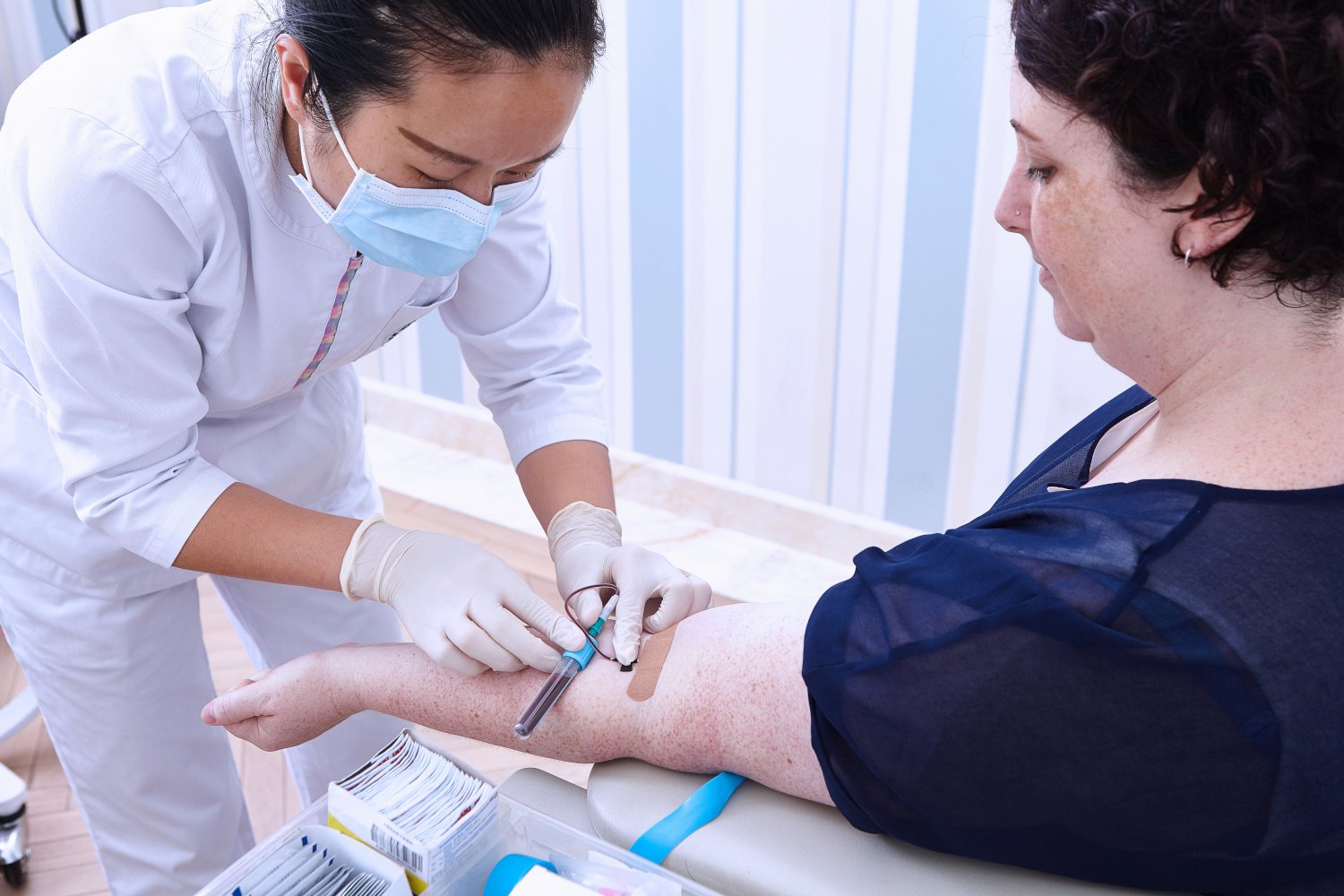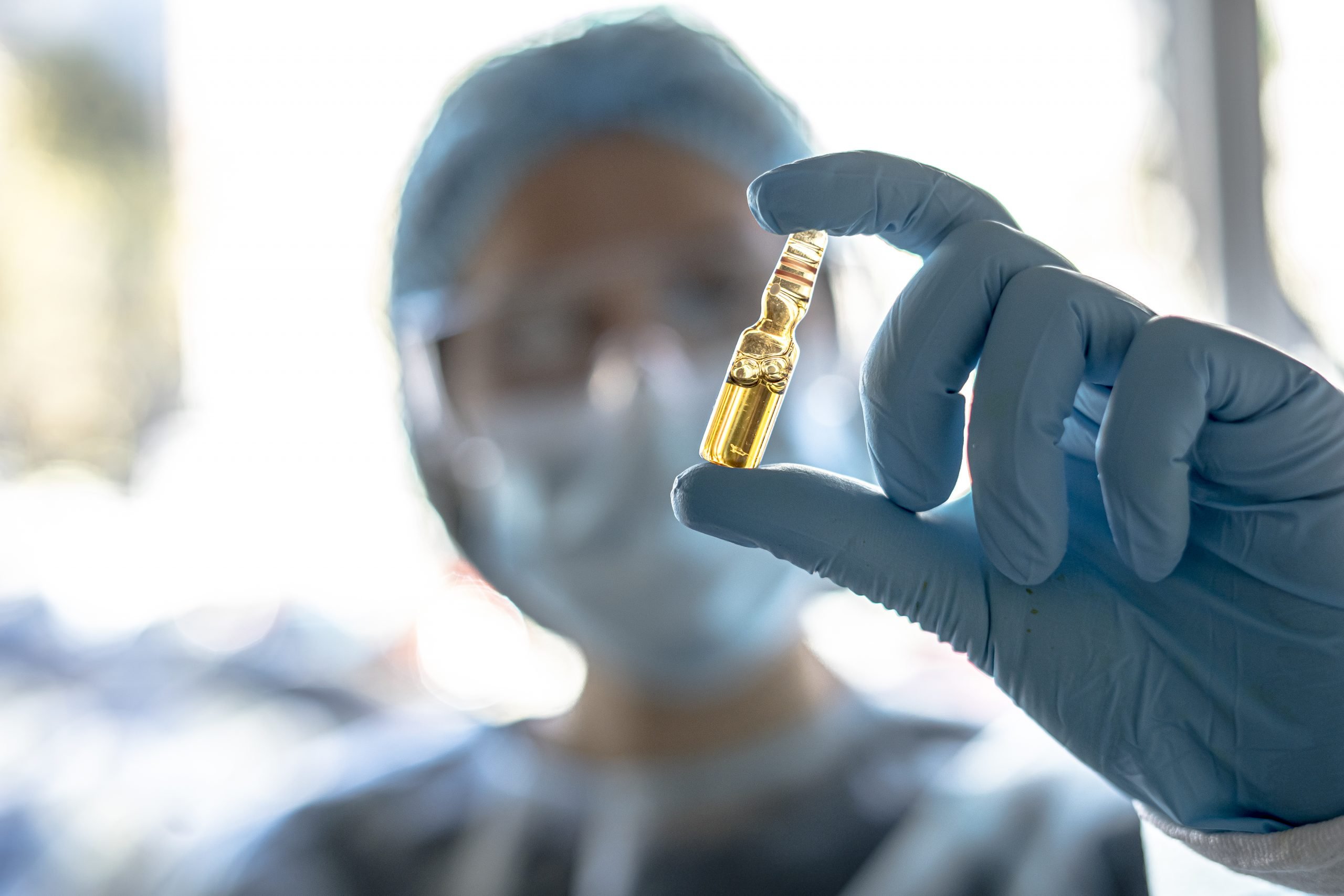[While the use of ketamine for medicinal purposes isn’t new (in fact, it’s been implemented for nearly fifty years for a variety of uses), there’s been an uprise in utilizing intravenous treatments over the past two decades. Medical professionals are implementing it in emergency room settings, as well as in their clinics, for the management of chronic pain, depression, PTSD, and a host of other treatments.
What Is the History of Ketamine in Medicine?
Ketamine came to fruition in the early 1960s, when Parke Davis
researchers were searching for a derivative of phencyclidine that could help limit the compounds for unmanageable side effects. In 1964, following successful animal testing, ketamine was administered to the researchers’ first human subject. The results demonstrated remarkable anesthetic results.
While this drug was initially approved for use in veterinary settings, it was officially passed by the FDA in 1970 for short-term anesthetic use in humans. And, on the Vietnam battlefield, this soon became extremely useful. In the early 1970s, John C. Lily tested whether taking ketamine could soften his migraines, after his attempts to do so with LSD failed. It wasn’t until it was introduced to him by a physician friend of his that he became convinced of its effectivity and began using it in his research.
Russian researchers, specifically Evgeny Krupitsky, used ketamine between 1985 and 1995, in what they referred to as
Ketamine Psychedelic Therapy. Krupitsky and his team worked at the Leningrad Regional Center for Alcoholism and Drug Addiction Therapy, administering ketamine to over 1,000 patients with alcoholism and other chemical dependencies. They published a report in 1997 that indicated that ketamine therapy brought on no significant side effects.
Yale University then got on the bandwagon and began its research on ketamine during the mid-1990s. Even though the FDA wasn’t approving anything from pharmaceutical companies because, by this time, ketamine was found unprofitable, researchers kept looking into how it could be used for
depression. Eventually, the FDA
did approve ketamine for depression treatment, and it continues to be prescribed “off-label” by many practices. There’s growing research for trials and real-world applications of ketamine use for psychiatric conditions. These conditions include anxiety, bipolar disorder, major depressive disorder,
OCD, and PTSD.

People We Have Helped
How Is Ketamine Being Used Now?
Many are turning to ketamine as an alternative therapy drug. Some of these individuals may have been on
medications for an extended period and are seeking an alternative; others may have made attempts at taking medications but were not responsive to conventional methods.
Because ketamine is such a versatile drug, it’s possible for medical professionals to use it for more than treating depression or as an anesthetic. Throughout the Los Angeles area, we’re seeing physicians using Ketamine Infusion Therapy to help patients with chronic pain management. Ketamine is also used by these doctors to treat acute pain. If patients don’t respond to traditional medications, they can likely benefit the most from ketamine therapy.
Ketamine is also used to help those who are seeking an alternative for opioid medications, as well as for those who are attempting to reduce their dependency. In doing so, it’s possible to use ketamine to help those who are addicted to stop or reduce their usage of opioids. And, while undergoing ketamine therapy, they’ll experience little to no side effects.
Since the mid-’90s, physicians have found ketamine to be useful for relieving short-term pain. It’s also an effective way of treating many types of chronic pain, including burns, migraines, and fibromyalgia. Psychiatrists and physicians also trust ketamine as a way of treating those who have psychiatric disorders or pain. Patients receive these infusions while under close medical supervision, to ensure that correct dosing and minimal side effects occur.
How Can Bespoke Treatment Clinics in Los Angeles Help You?
Helping those suffering from chronic pain, depression, suicidal tendencies, bipolar disorder, PTSD, OCD, anxiety, and more, Dr. Nima Fahimian, MD, of Bespoke Treatment works diligently as one of the leading providers of
ketamine infusion therapy.
Make an appointment with Dr. Ben Spielberg team to learn more about how ketamine can help you.



























